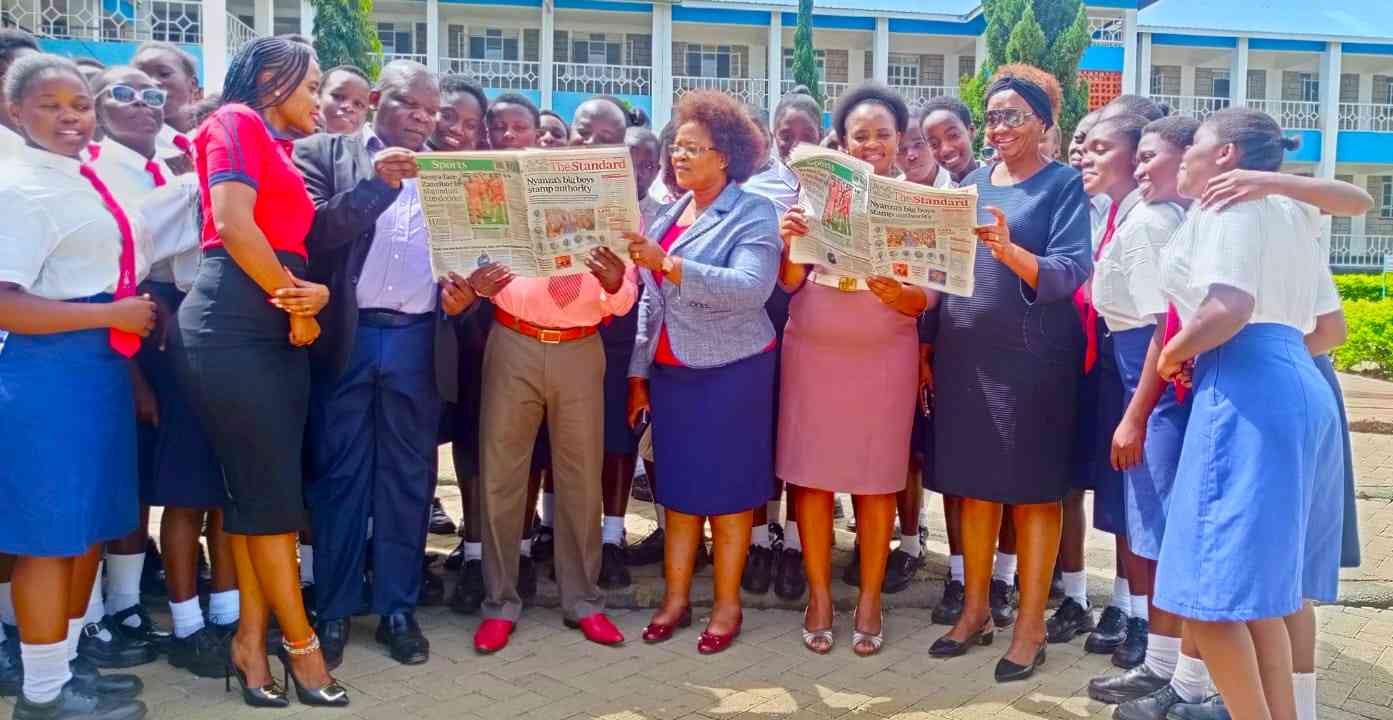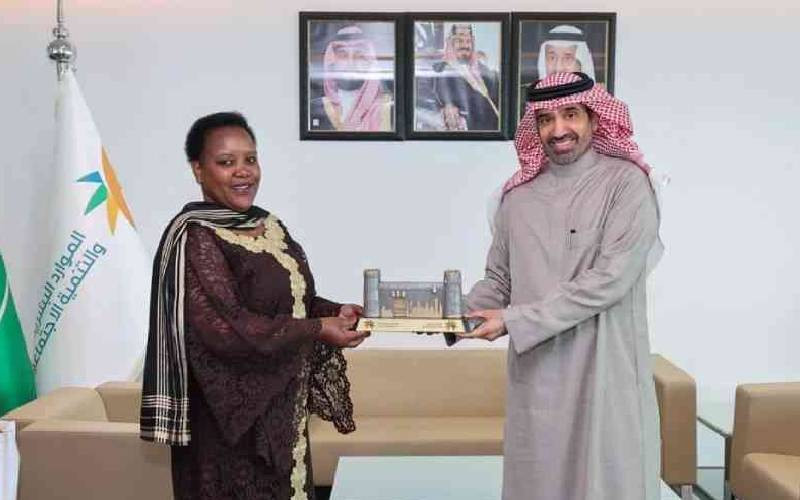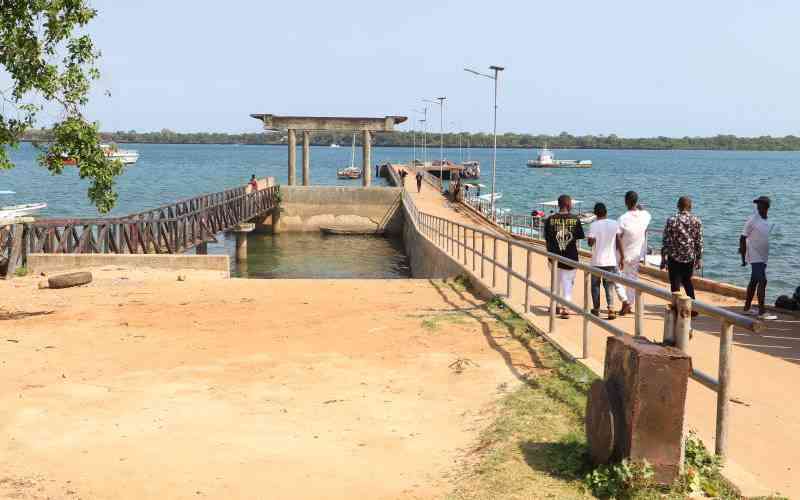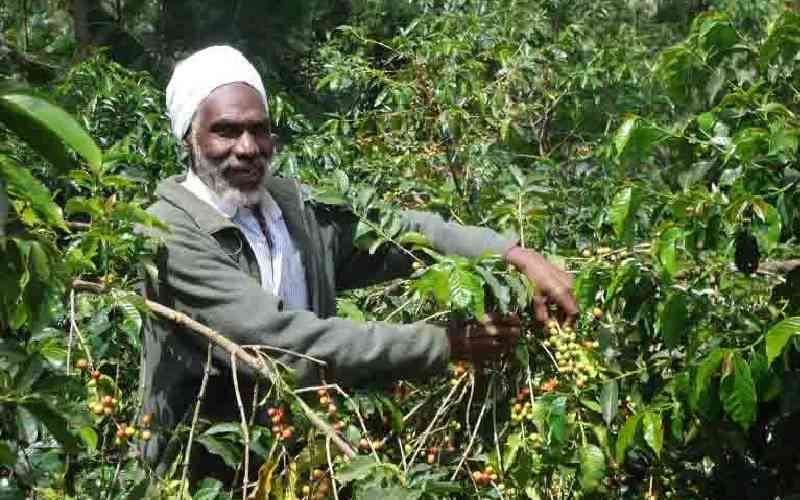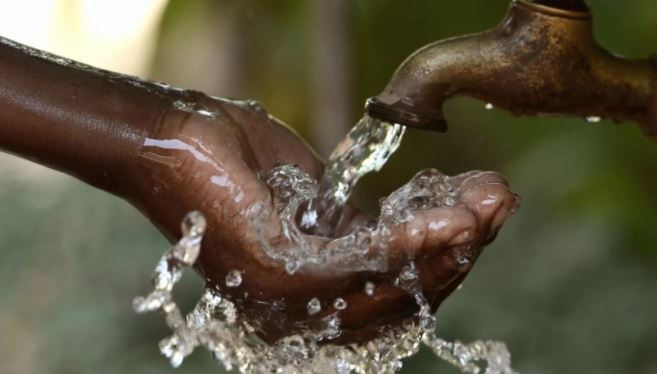
Long before the birth of modern medical care, industrialized countries decreased their levels of water-related disease through good water management. Yet, even in these countries, outbreaks of the water-borne disease continue to occur, sometimes with lethal consequences.
In developing countries and Africa particularly, preventable water-related disease blights the lives of the poor. Diseases resulting from bad hygiene rank among the leading causes of ill-health.
It’s estimated that 3.4 million people, mostly children, die annually from water-related diseases.
Most of these illnesses and deaths can be prevented through simple, inexpensive measures. For instance, trachoma remains the leading cause of preventable blindness, accounting for 146 million acute cases around the world. But the disease is almost unheard of in places where basic water supply, sanitation and hygiene prevail.
The UN mandate that the provision of safe water supply and adequate sanitation is a basic human right. Ensuring their availability would contribute immeasurably to health and productivity for development.
Kenya, under Sustainable Development Goal 6, has committed itself to achieve by 2030 universal and equitable access to safe and affordable water for all; access to adequate and equitable sanitation and hygiene for all and an end to open defecation, paying special attention to the needs of women and girls and those in vulnerable situations.
Access to clean drinkable water and proper sanitation facilities remains a challenge to a vast majority of our population especially low-income communities in Kenya. This fact has sadly continued to replay itself from ancient times; whereby, the rich had running water in their homes while the poor had to use water from public fountains.
The safety and future progression of the younger generation is dependent on what we do today to ensure they have access to this vital but basic need-clean drinkable water and proper sanitation.
Low-income communities often suffer from poor sanitation, lack of drinkable water and ensuing health problems.
This situation has been aggravated by often lack of good governance, especially in developing countries. Women and children in these communities have a daunting task of fetching water mostly from distant sources. This daily task prevents most children especially girls from going to school and eventually affecting their economic contribution to society.
With children under the age of 5 being the highest susceptible to water and sanitation-related diseases PZ Cussons in collaboration with Rotary Club launched the #CaringForKenya initiative to change this narrative.
Access to clean drinkable water and sanitation is one of the key Sustainable Development Goals.
The #CaringForKenya campaign has already rolled out with volunteers on the ground in most low-income communities providing their technical expertise to improve water and sanitation facilities.
The aim is to provide adequate drinkable-water infrastructure and sanitation facilities for over 9.4 Million Kenyans. With the globe facing a pandemic, Covid-19, this has not only exacerbated the situation but made the stakes higher for each one of us.
So how can you help?
Imperial Leather has made it possible for each one of us to contribute and offer a helping hand for this cause. Out of every soap bought Sh10 Shillings will be donated to assist in the #CaringForKenya campaign. The money will be used to improve water and sanitation facilities in the community.
 The Standard Group Plc is a multi-media organization with investments in media platforms spanning newspaper print
operations, television, radio broadcasting, digital and online services. The Standard Group is recognized as a
leading multi-media house in Kenya with a key influence in matters of national and international interest.
The Standard Group Plc is a multi-media organization with investments in media platforms spanning newspaper print
operations, television, radio broadcasting, digital and online services. The Standard Group is recognized as a
leading multi-media house in Kenya with a key influence in matters of national and international interest.


